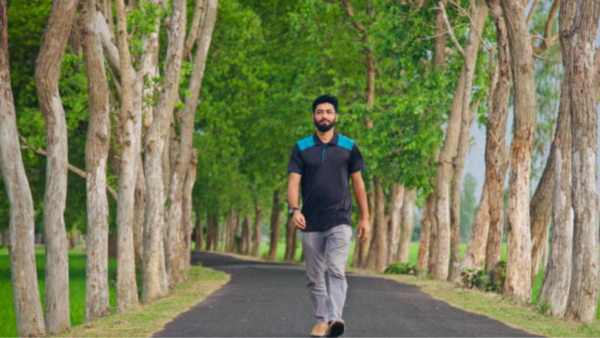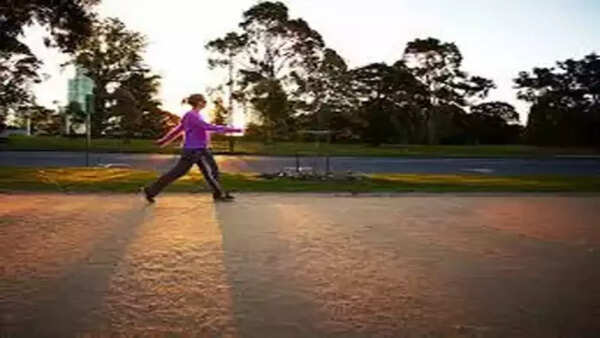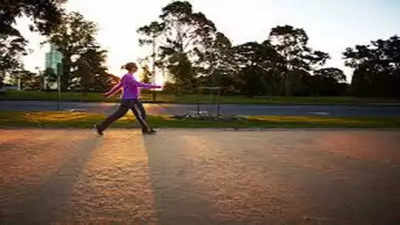A morning walk is a cherished routine for many. It really offers a breath of fresh air and a peaceful start to the day. But in winter, things can be completely different. This habit can present certain health hazards that should not be ignored. From icy trails to cold air that affects the lungs, the winter morning environment can be more dangerous than helpful. This is why you may want to rethink your morning walks in winter.
Breathing in cold air can strain your lungs
Cold air in the early morning can make your respiratory system worse, especially if you have asthma or chronic obstructive pulmonary disease. The study found that cold temperatures can constrict the airways, causing difficulty breathing and increased mucus production. This effect is more apparent in the early morning when the temperature is the lowest.

Increased risk of heart strain
Winter mornings can be especially hard on your cardiovascular system. The cold causes your blood vessels to constrict, which raises your blood pressure and makes your heart work harder. According to the study, heart attacks are more likely to happen in the morning, and the added stress of cold weather increases the risk even more. For people with pre-existing heart disease, morning walks in winter can be dangerous.
Slippery roads pose a risk of injury
Frost and ice on footpaths are typical on winter mornings, increasing the risk of slipping and falling. According to the National Safety Council, falls are the biggest cause of injury during the winter, especially among the elderly. Walking on icy paths in poor lighting can lead to sprains, fractures and more serious injuries.

morning walk3
Decreased immunity from sudden temperature changes
Exposing your body to sudden changes in temperature, such as going outside on a frosty morning, can temporarily weaken your immune system. Research shows that the stress of a cold can suppress certain immune responses, making you more susceptible to infections like the flu or colds. This risk is increased if you are not properly dressed for the cold.
Reduced visibility can lead to accidents
Winter mornings are often foggy, which greatly reduces visibility. This can compromise safety, especially in areas with heavy traffic or uneven terrain. According to the study, the number of fog-related accidents increases during the winter because limited visibility makes it difficult to see obstacles.
Alternatives to morning walks in winter
Consider alternatives such as walking late in the morning when temperatures are a bit warmer, or exercising indoors if you want to be active without risking these problems. If you decide to go outside, it can also be helpful to wear several layers of clothing, appropriate shoes and a scarf to protect your mouth and nose.











